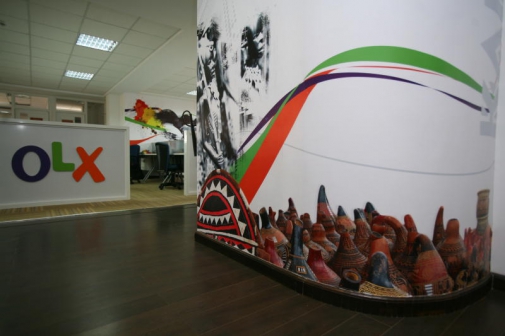×
The Standard e-Paper
Stay Informed, Even Offline

When Alloys Meshack, conceived a ‘courier’ firm Sendy in 2015, he simply wanted to build a platform that connects customers in need of delivery services, with drivers who were ready to offer such services.
To date, Meshack is still racking his brains on how to find the right license to do his business. This license, unfortunately, does not exist.